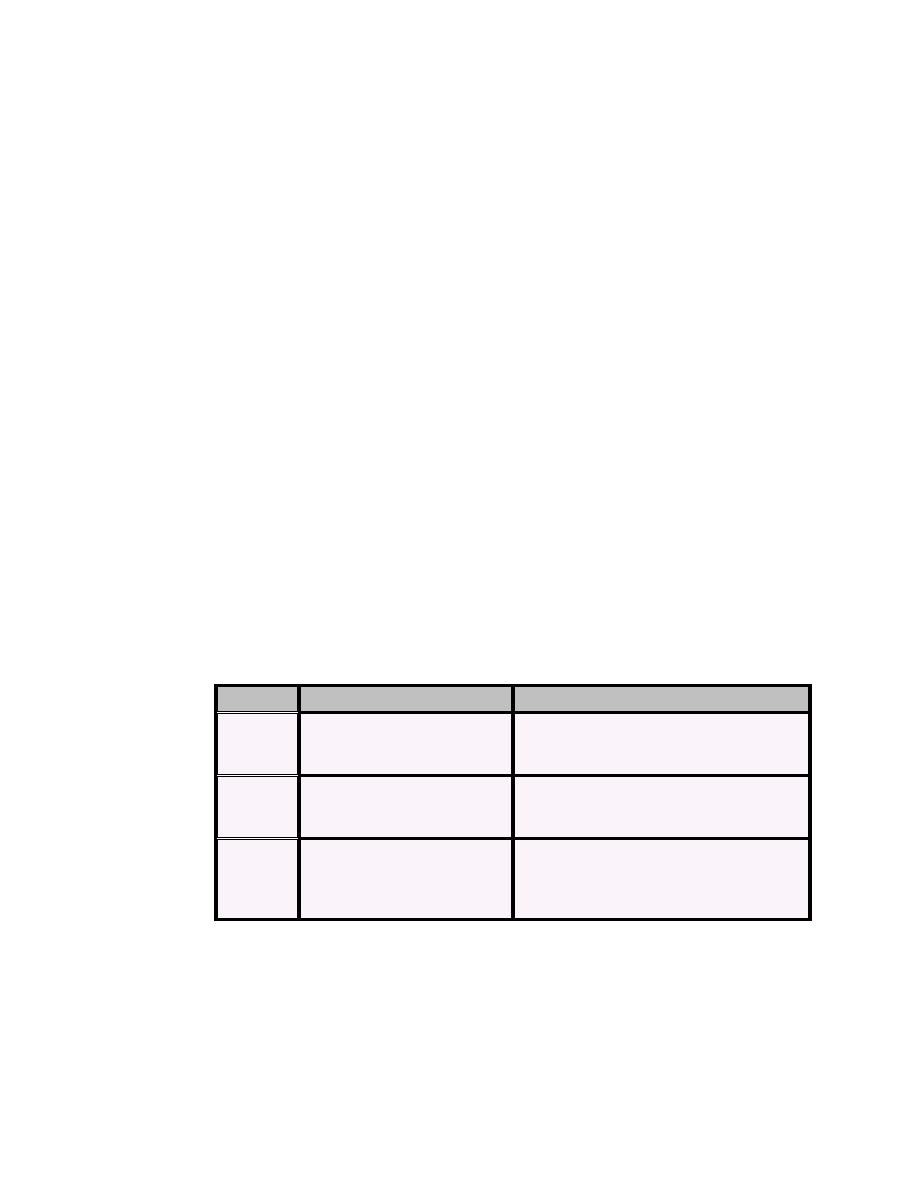
Implementation notes on java.sql.Blob methods
you use the BLOB or CLOB data type. You can, however, call methods on a java.sql.Blob
and java.sql.Clob object to materialize it (that is, to retrieve the entire object or parts of it).
setClob, and getClob methods of the CallableStatement interface.
· Use the SQL CLOB type for columns which hold very large string values.
· Use the getBlob and getClob methods of the java.sql.ResultSet interface to
calling Blob and Clob methods. Alternatively, you can call the ResultSet.getBytes
method to materialize a BLOB, and you can call the ResultSet.getString method to
materialize a CLOB.
and database-dependent.
them to disk using UTF8 encoding. With a Java database like Derby, you do not need to
worry about character sets and codepages.
· LOB-typed values are not orderable, so <, <=, >, >= tests are not supported.
· LOB-types cannot be used in indices or as primary key columns.
· DISTINCT, GROUP BY, and ORDER BY clauses are also prohibited on LOB-types.
· LOB-types cannot be involved in implicit casting as other base-types.
the transaction commits, turn off auto-commit with the java.sql.Blob or java.sql.Clob
features.
larger than the length of the , or if length
<= 0.
start)
start < 1, or if pattern is an array of length
0.
start)
start < 1, if pattern has length 0, or if an
exception is thrown when trying to read
the first byte of pattern.
Derby.